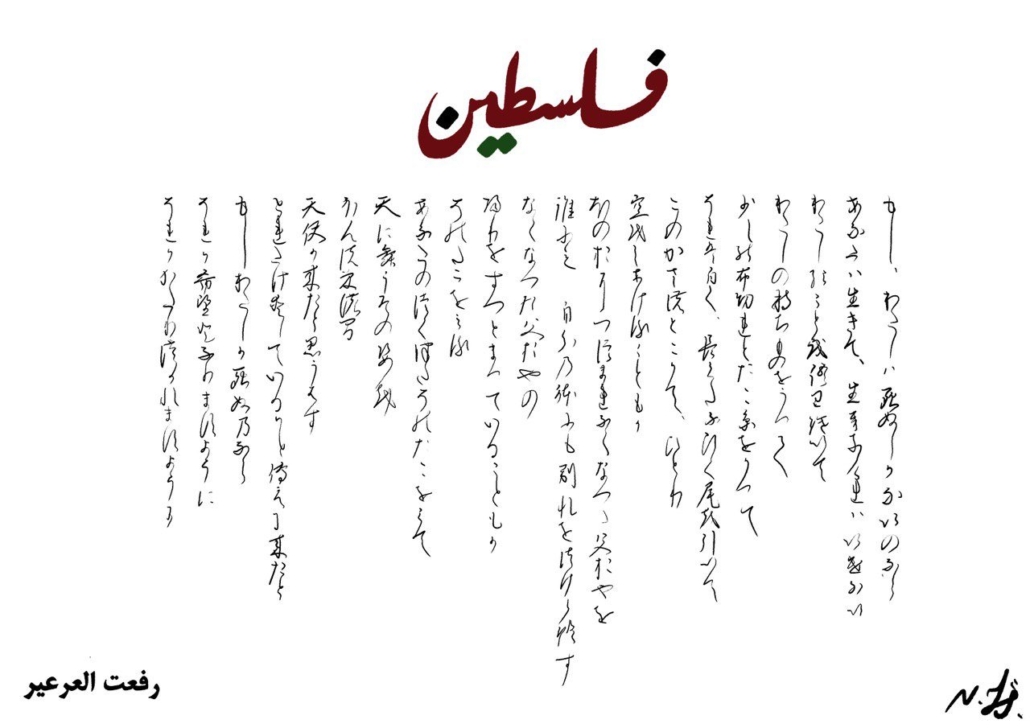Qur’anic Narrative and Sufi Hermeneutics: Rumı’s Interpretations of Pharaoh’s Character – A Dissertation Presented by Amer Latif
Abstract:
“This dissertation examines Jalal al-din Rumi (d. 1273) hermeneutics of the Qur’an by focusing on his interpretations of the Qur’anic character of Pharaoh. Although Rumı did not write a commentary in the traditional genre of tafsır by commenting on the Qur’an in a linear verse by verse fashion, significant portions of his poetry are explicitly devoted to Qur’anic interpretation. This study proposes that poetical writings, such as Rumı’s, deserve a prominent place in the field of Qur’anic interpretation. Chapter one gives a broad overview of Rumı’s hermeneutics of the Qur’an. It shows that while Rumı posits multiple levels of meaning within the Qur’anic text, his interpretations of Qur’anic verses are informed by a binary distinction between an outer and inner meaning”

